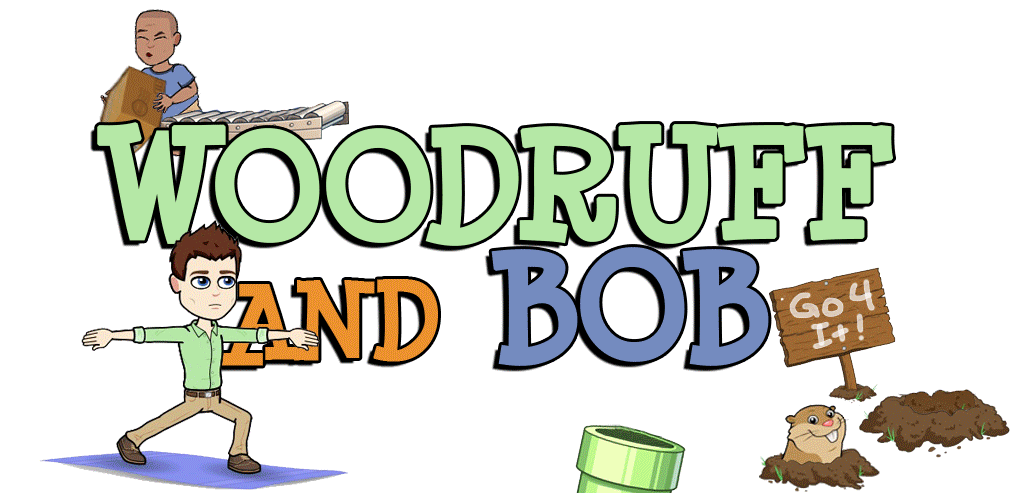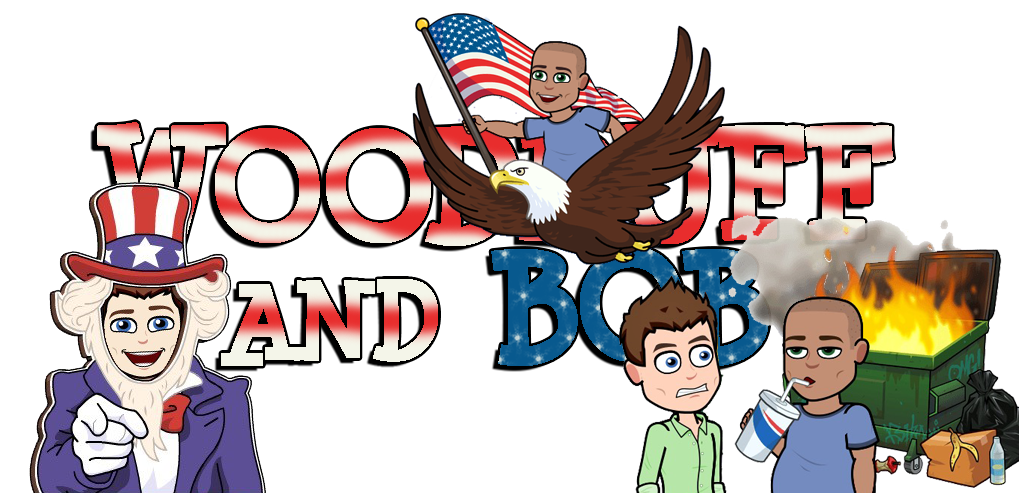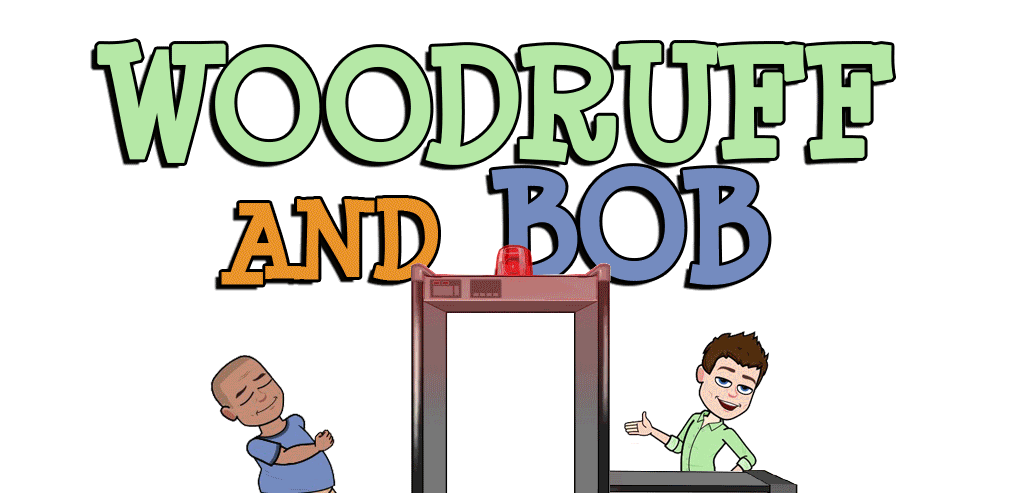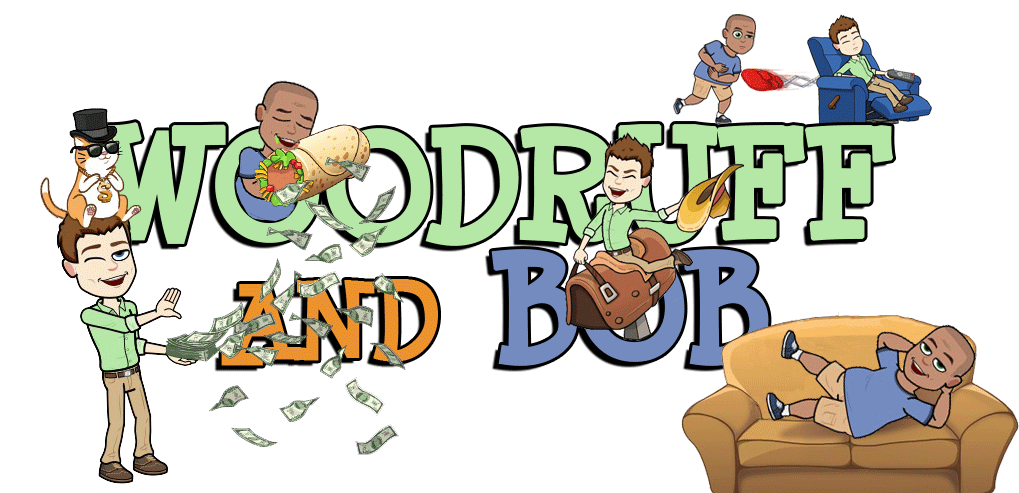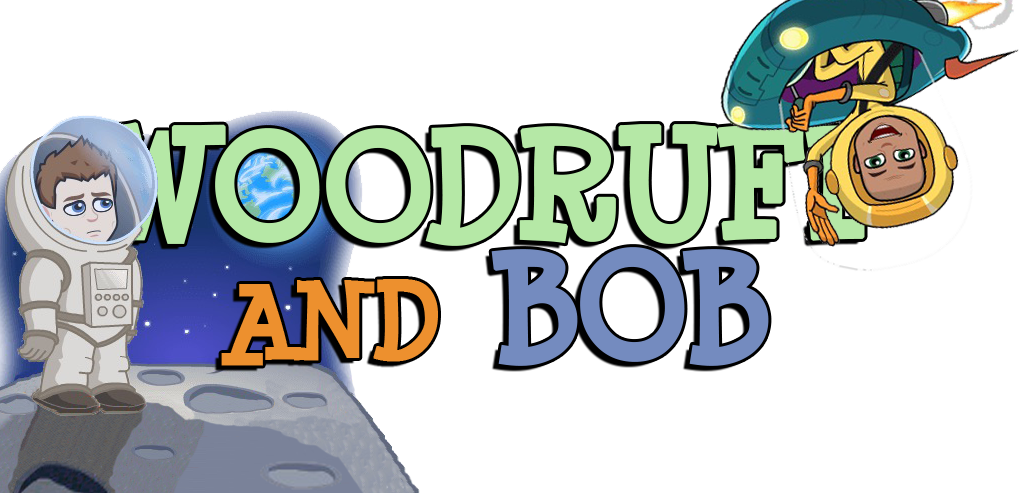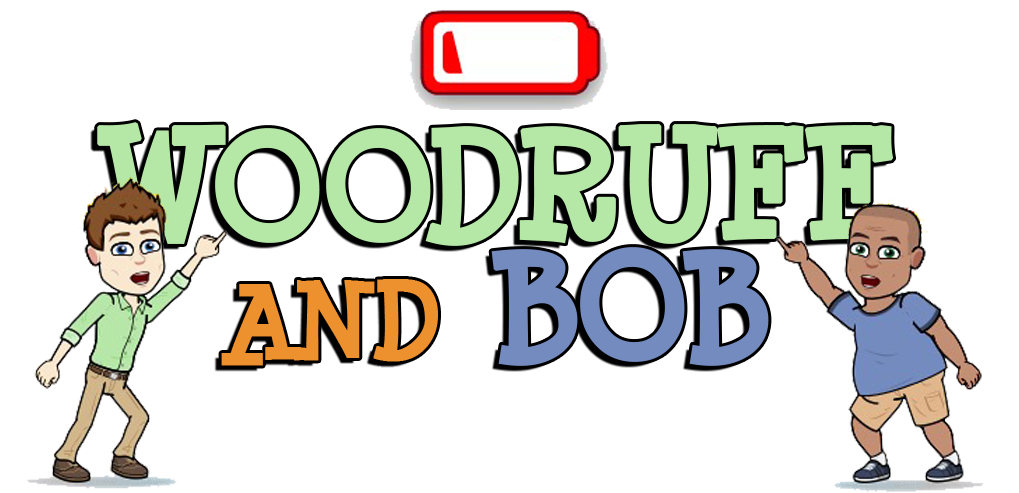Horseplay
Woodruff strummed his fingers against a wooden countertop and looked listlessly out the front window at Bob twirling an arrow-shaped sign in a circle. A cold breeze blew in through the door that was propped open by a giant horseshoe. Bob tossed the sign in the air and tried to catch it behind his back. Quickly, he scooped it off the ground from where he dropped it as a car zoomed by. Woodruff sighed.
“Bob!” he called.
Bob continued to spin the sign while he jogged across the tiny parking lot.
“What’s up, partner,” Bob said, as he poked his head through the front doorway while keeping the sign spinning just outside.
“It’s been three days.”
“Technically, it’s been two business days and five hours.”
“Nobody’s coming,” Woodruff replied.
“Don’t lose faith,” Bob said. “You’ve got to believe.”
“Oh, I believe,” Woodruff said. “I believe nobody’s coming.”
Bob stopped twirling the sign and stepped inside the lobby.
“Do you think we need a new sign?” Bob held up the blue arrow-shaped sign. The white letters read ‘SHABBY MARES THIS WAY’. Bob looked down at the sign and back to Woodruff.
“It’s not the sign,” Woodruff said. “It’s the service.”
“Our service is first rate,” Bob said. “The best in the world. That’s what our website banner says.”
“We’re the only ones in the world.”
“That’s why this is going to work. We’ve already cornered the market.”
“There is no market!” Woodruff threw his arms in the air and gestured to the empty lobby and parking lot.
“Every visionary entrepreneur has had moments of doubt,” Bob said. “You think Alexander Graham Bell didn’t worry about his new lightbulb store? You think when Papa John invented pizza that he didn’t wondered if people would like it? Fact, when Apple was founded in 1976 Steve Jobs didn’t sell a single iPad in his first three days, not one.”
“We’re not Steve Jobs or Papa John…”
“You’re darn right, we’re Woodruff and Bob,” Bob interrupted. “And we paint horses!”
Bob stood triumphantly with his hands resting on his hips and looked up into the far corner of the lobby. Woodruff followed his gaze quizzically and turned back to his friend’s unearned victory pose.
“We haven’t painted a single horse,” Woodruff said.
“Not yet.”
“Bob, nobody wants their horse painted.”
“We just need to get the word out,” Bob said. “They don’t even know they want it, that’s how revolutionary this idea is. A Horse of a Different Color LLC is going to change the world, one horse at a time.”
“You’re literally just quoting our website.”
“Well it’s true.”
“Unsubstantiated claims on the internet is not a business model,” Woodruff replied.
“Excused me,” a frail voice called from the doorway.
Woodruff and Bob turned their attentions to a short woman with curly gray hair, wearing a lavender dress and a matching shawl.
“May we help you?” Woodruff asked.
“Yes, I found you on the Google,” the old lady replied. “I have an antique horse I would like to have painted.”
“Antique?” Bob asked.
“Yes, it’s an old rocking horse,” the old lady shuffled into the lobby with her purse cradled close to her bosom. “My mother’s grandfather made it for her mother. It’s been in the family for generations.”
“Please, come and have a seat,” Woodruff replied warmly, and hurried around the counter with a chair.
“I’ll handle this, Mr. Doubting Thomas,” Bob said. “Why don’t you look back behind the counter and see if you can find your faith.”
Bob stepped next to the old lady and took her gently by the arm. Very slowly, he turned her around back toward the front door.
“I’m sorry,” Bob said. “We don’t do antiques. We paint real live horses. Why don’t you try asking the Google for a hobby shop?”
He gave her a gentle nudge beyond the threshold and the old lady turned around with a confused look on her wrinkled face. Bob removed the giant horseshoe from the door and waved as it slowly swung shut.
“There,” Bob said proudly, as he placed the giant horseshoe against the wall.
“What did you just do?” Woodruff asked incredulously.
“Uh, I protected our brand.”
“That was a customer.”
“That was a confused old lady.”
“She wanted us to paint her horse.”
“Her toy horse.”
“What’s the difference?”
“We can’t just paint whatever gets brought in off the street,” Bob said. “We are a horse painting business. If we paint that old rocker, we’ll be no different than any other paint shop in town.”
“Every other paint shop in town has customers!”
“Exactly,” Bob said. “We’ve just got to find ours.”
“We just had one!” Woodruff shouted. “You literally just looked a gift horse in the mouth.”
“An antique gift horse,” Bob muttered.
“That’s it, I’m done.”
“Hold your horses, we had a plan.”
“You had a plan,” Woodruff said. “I didn’t want to do this.”
“I’m doing this for you,” Bob said.
“What are you talking about?”
“Your bucket list.”
“I don’t think I had horse painter on my bucket list.”
Bob pulled a crinkled piece of paper from his back pocket and flattened it out on the counter. With his finger, he tracked down the long list until coming to a stop beneath the first entry not crossed out in crayon. He pointed to it emphatically.
“There.”
Woodruff leaned over the list and trained his eyes on the words above Bob’s finger.
“Become a philanthropist?”
“That’s right, become a philanthropist.”
“How is this becoming a philanthropist?” Woodruff asked. “Other than the fact we are definitely not going to profit off this venture.”
“That was the whole point,” Bob said. “We just needed a never-before-thought-of innovation that would make us rich and famous. Then after we’ve been interviewed on talk shows and in magazines, and after we got tired of yachts and lavish parties, we would have the money and fame to become world class philanthropists. This was supposed to be phase one.”
Bob slumped onto a stool and hung his head. Woodruff looked down at the well-worn list and back to his sulking friend. He reminisced about all their adventures and all they had accomplished together.
“Maybe we just need an adjustment,” Woodruff said.
“An adjustment?” Bob asked.
“Yeah, you know, try something different.”
“You mean like horse racing?”
“Or something else.”
“Horse dancing?”
“We don’t have to decide that right now,” Woodruff said. He came around the counter and took Bob by the arm. Bob stood up and Woodruff walked him toward the door. “Whatever it is, we’ll figure it out together.”
Woodruff pushed open the door and Bob picked up the giant horseshoe and followed him out into the parking lot.
“Horse dentistry,” Bob declared, excitedly.
“It doesn’t have to involve horses.”
“We could call it Straight from the Horse’s Mouth.”
“Let’s talk about it over dinner,” Woodruff said. “You hungry?”
“I’m chomping at the bit.”
“What sounds good?”
“Anything really,” Bob said. “I’m so hungry I could eat a horse.”
